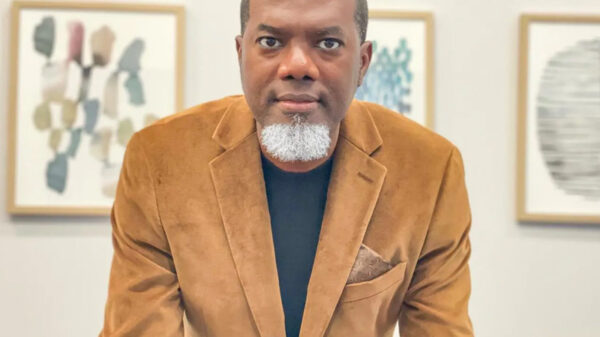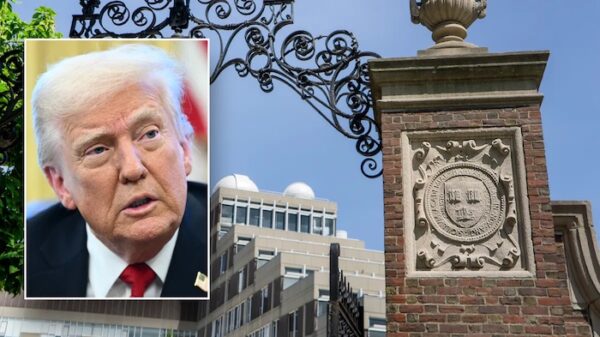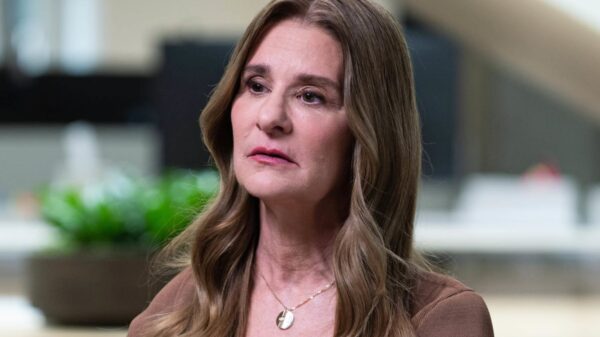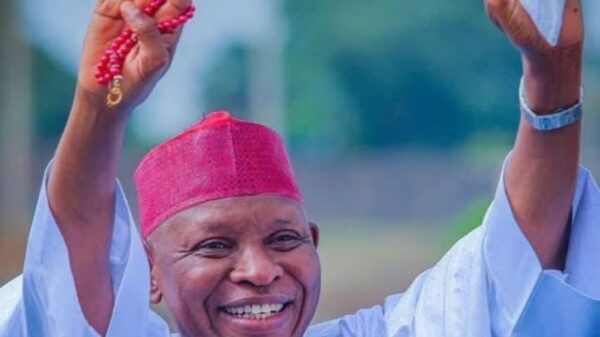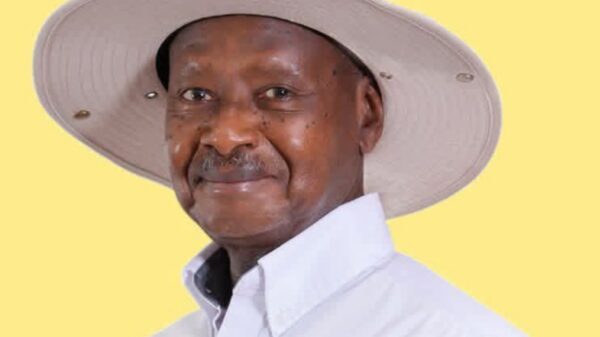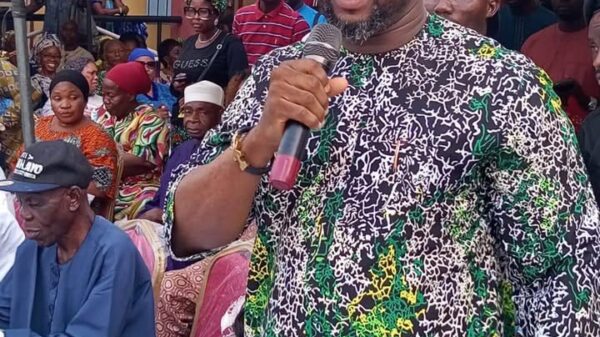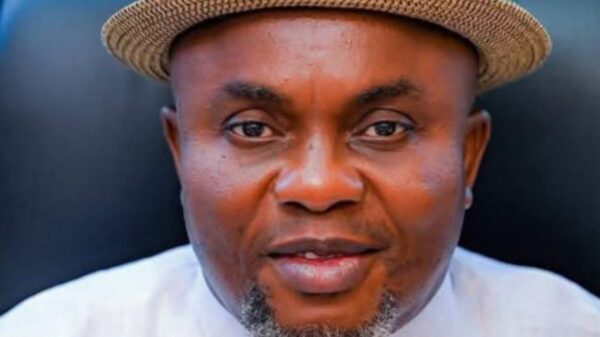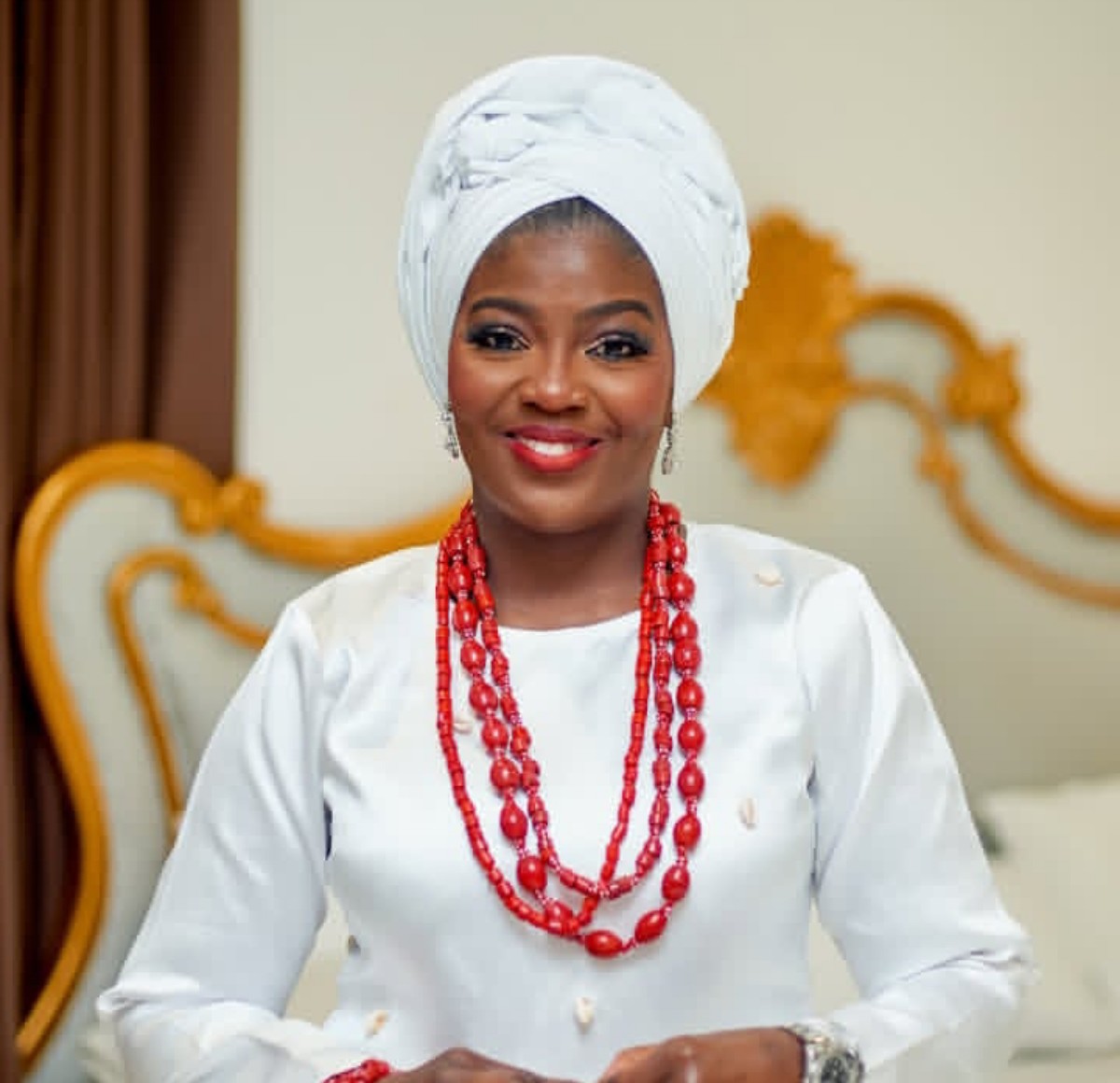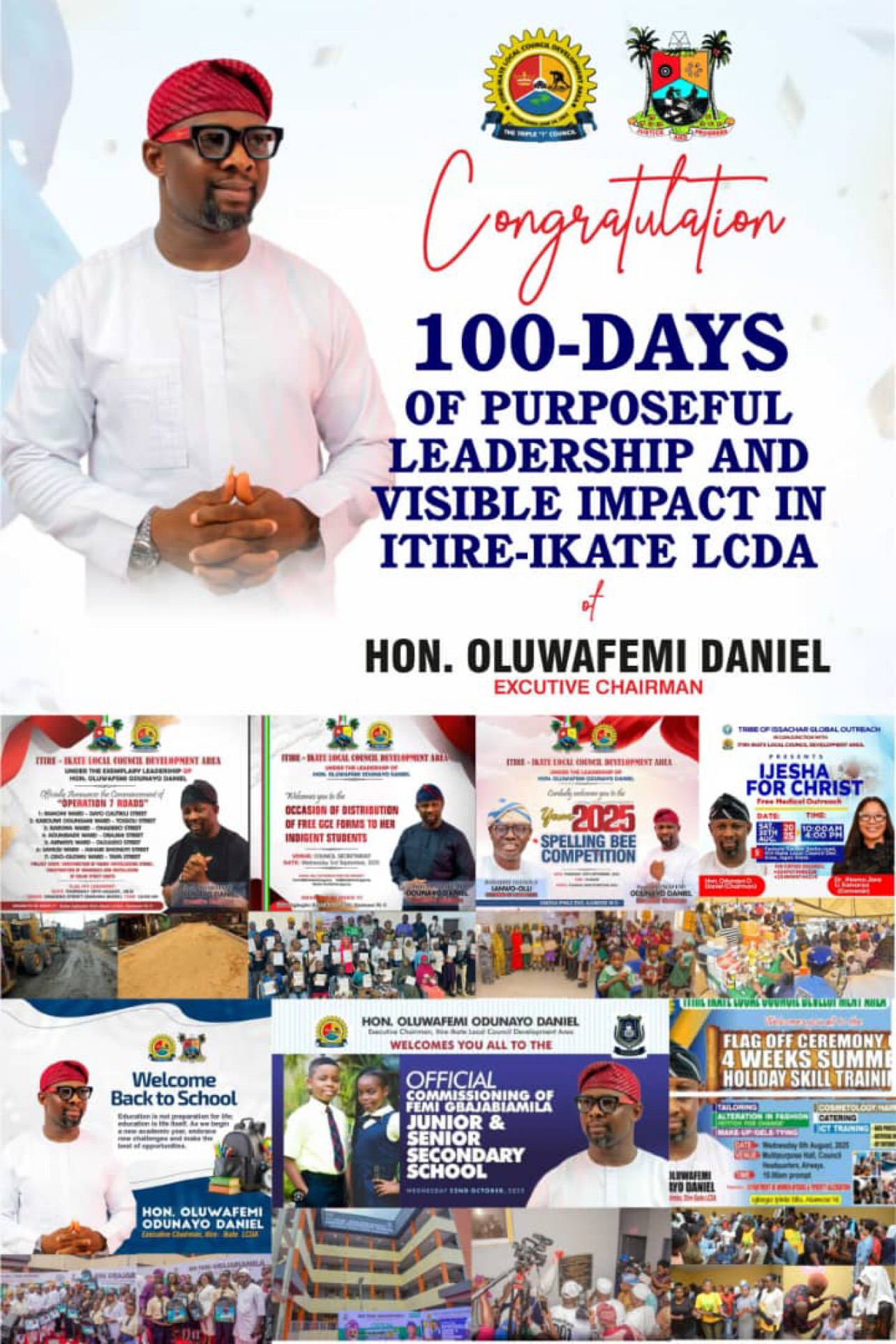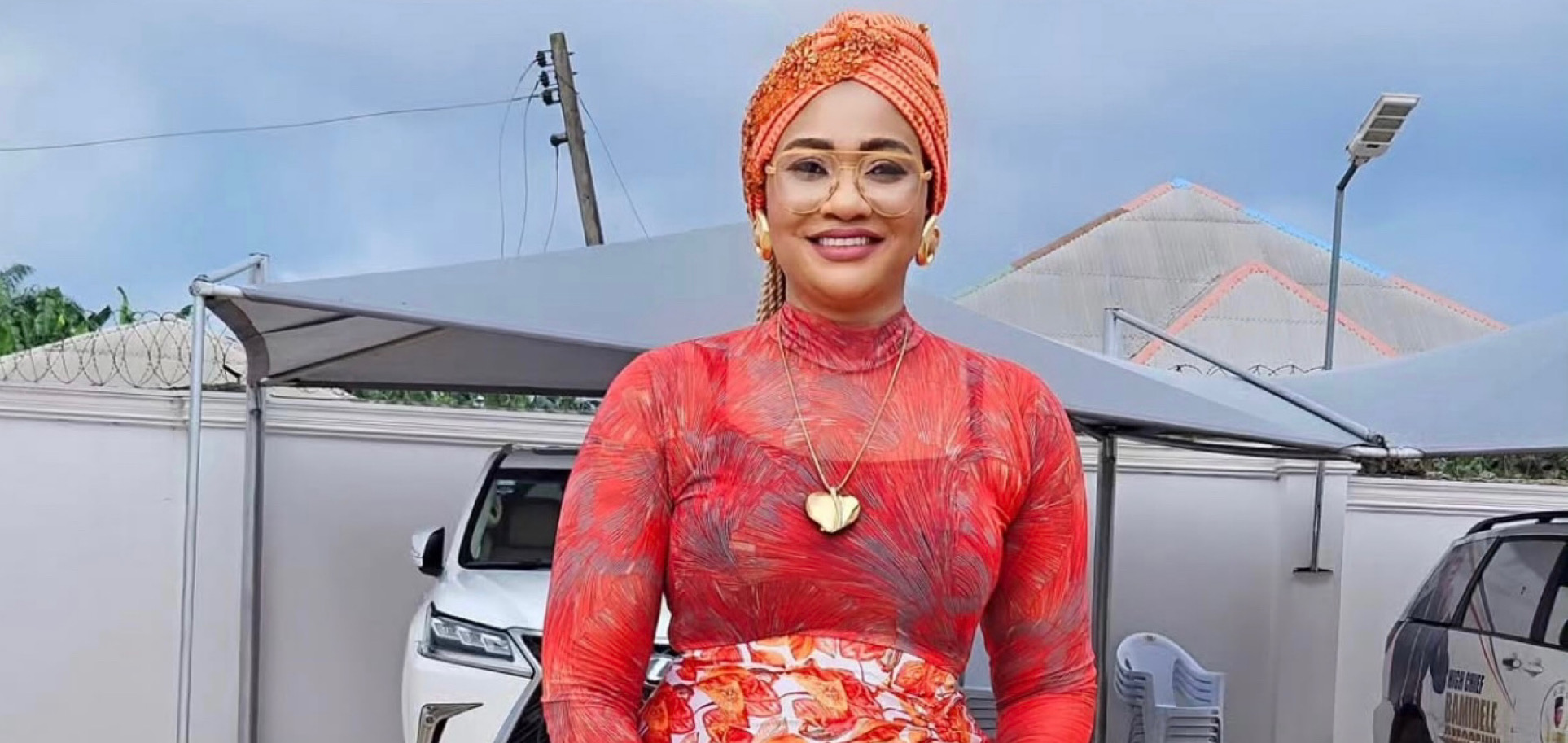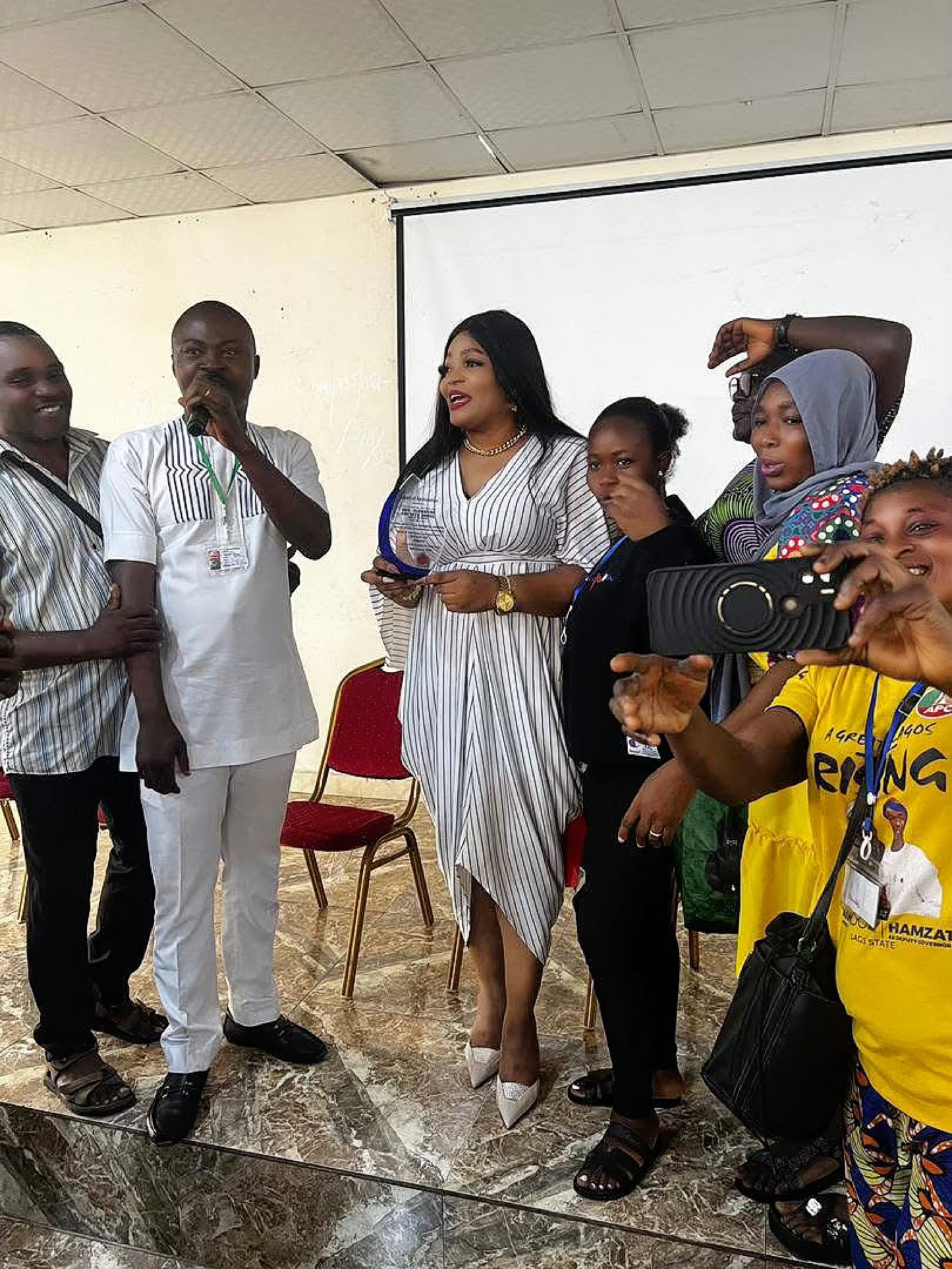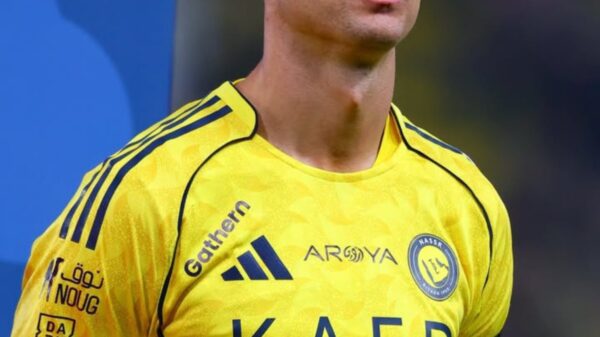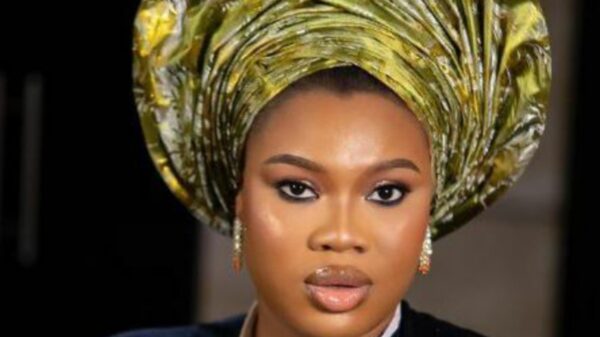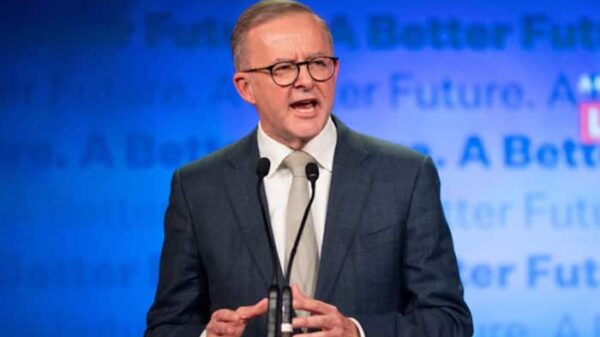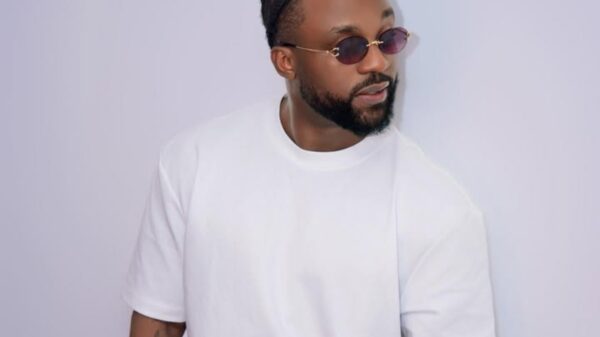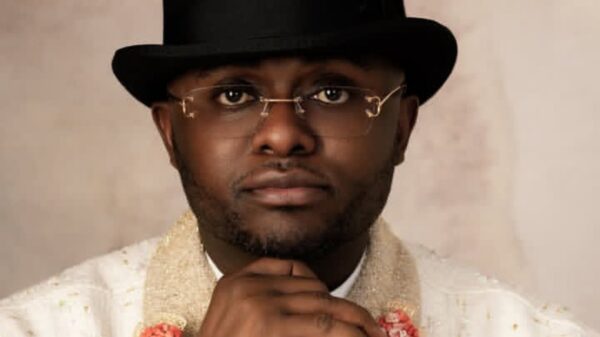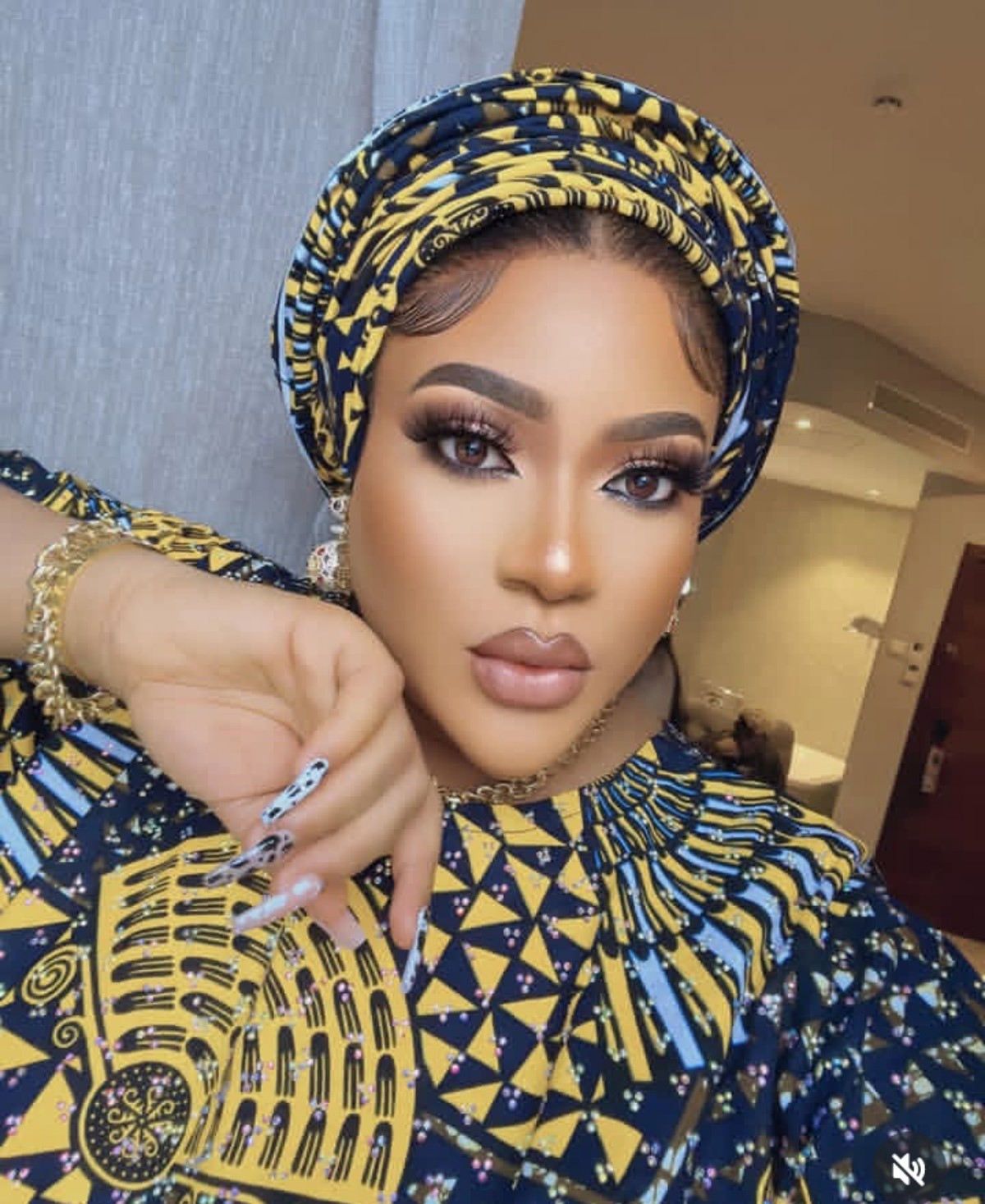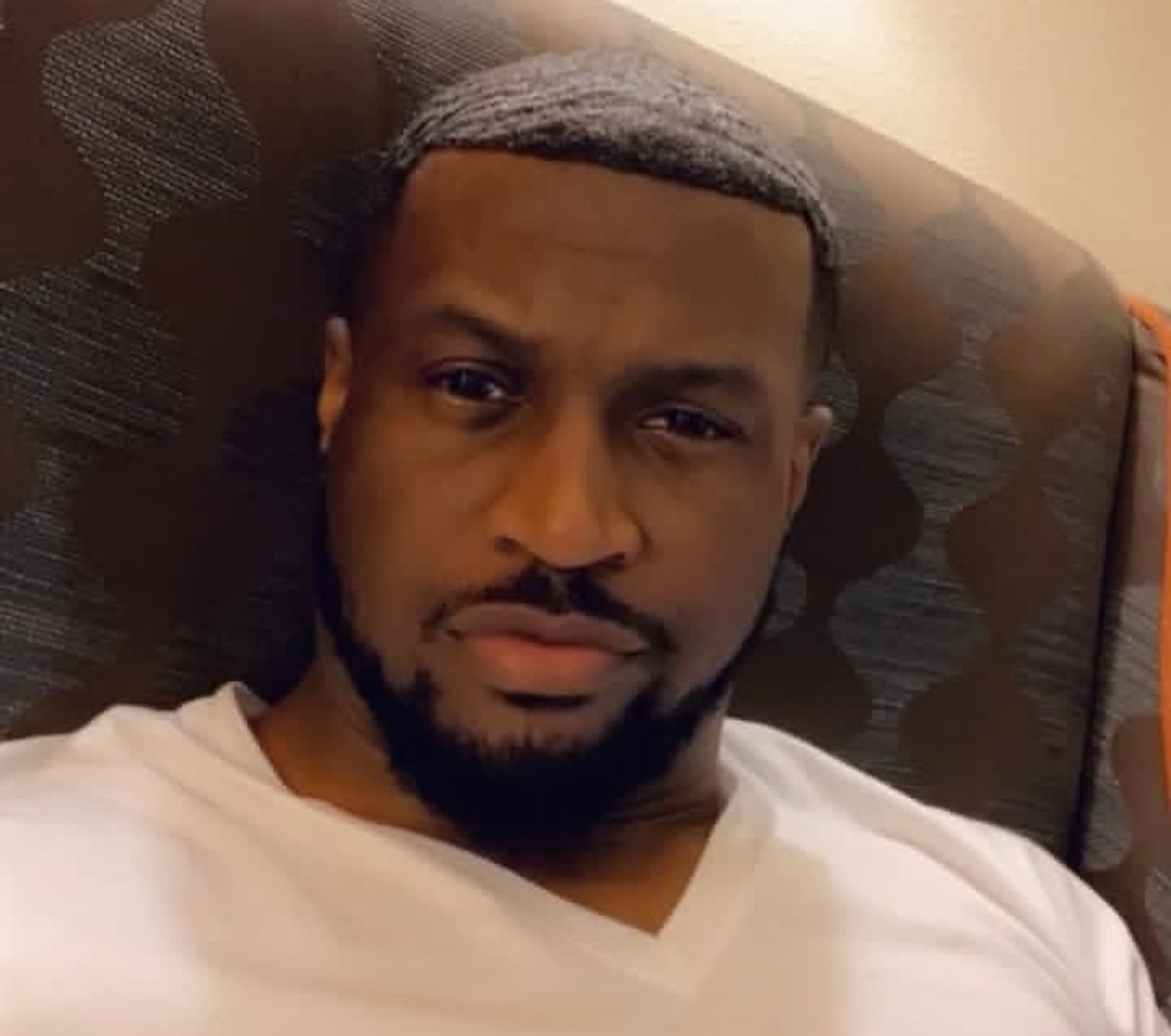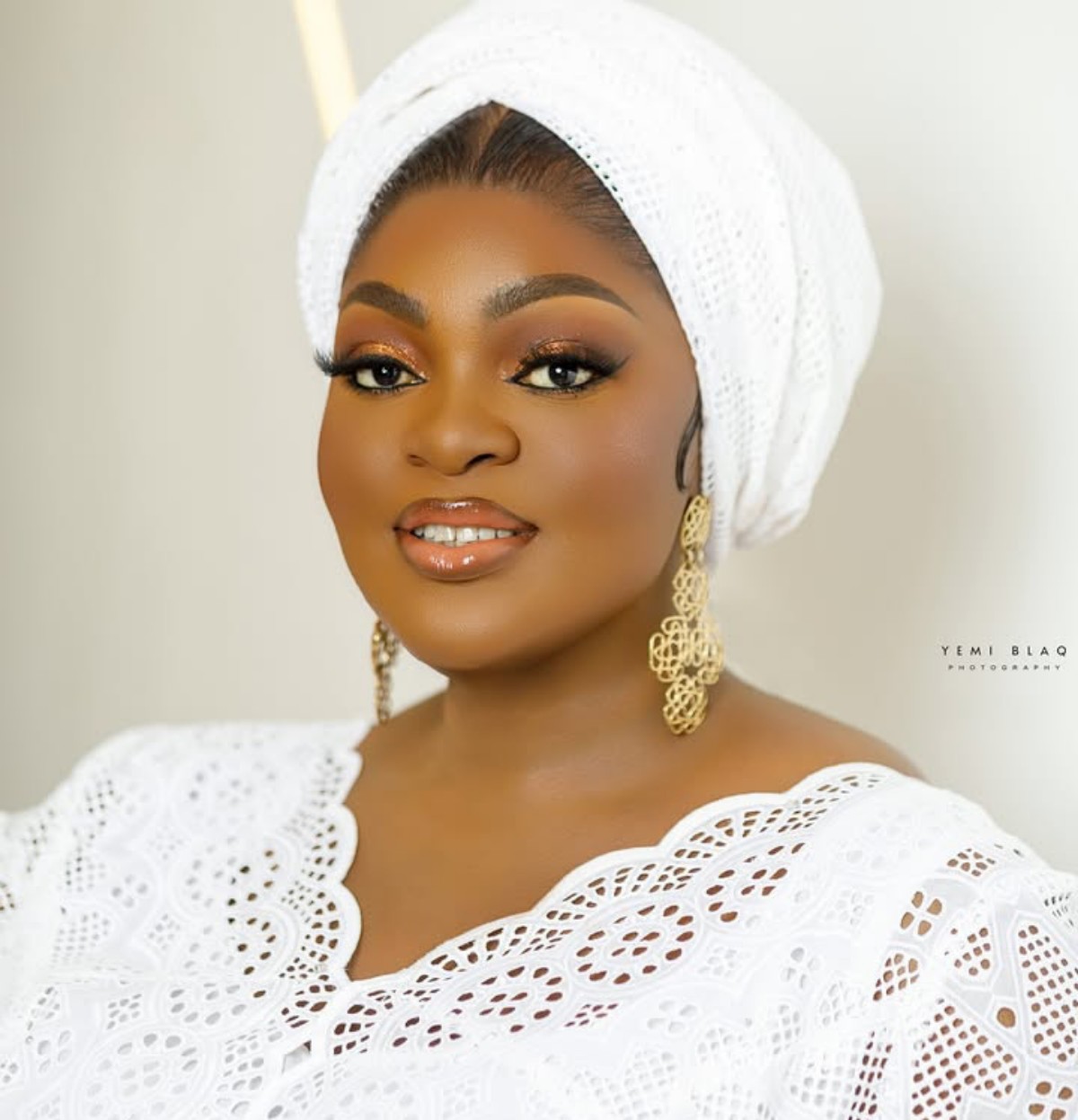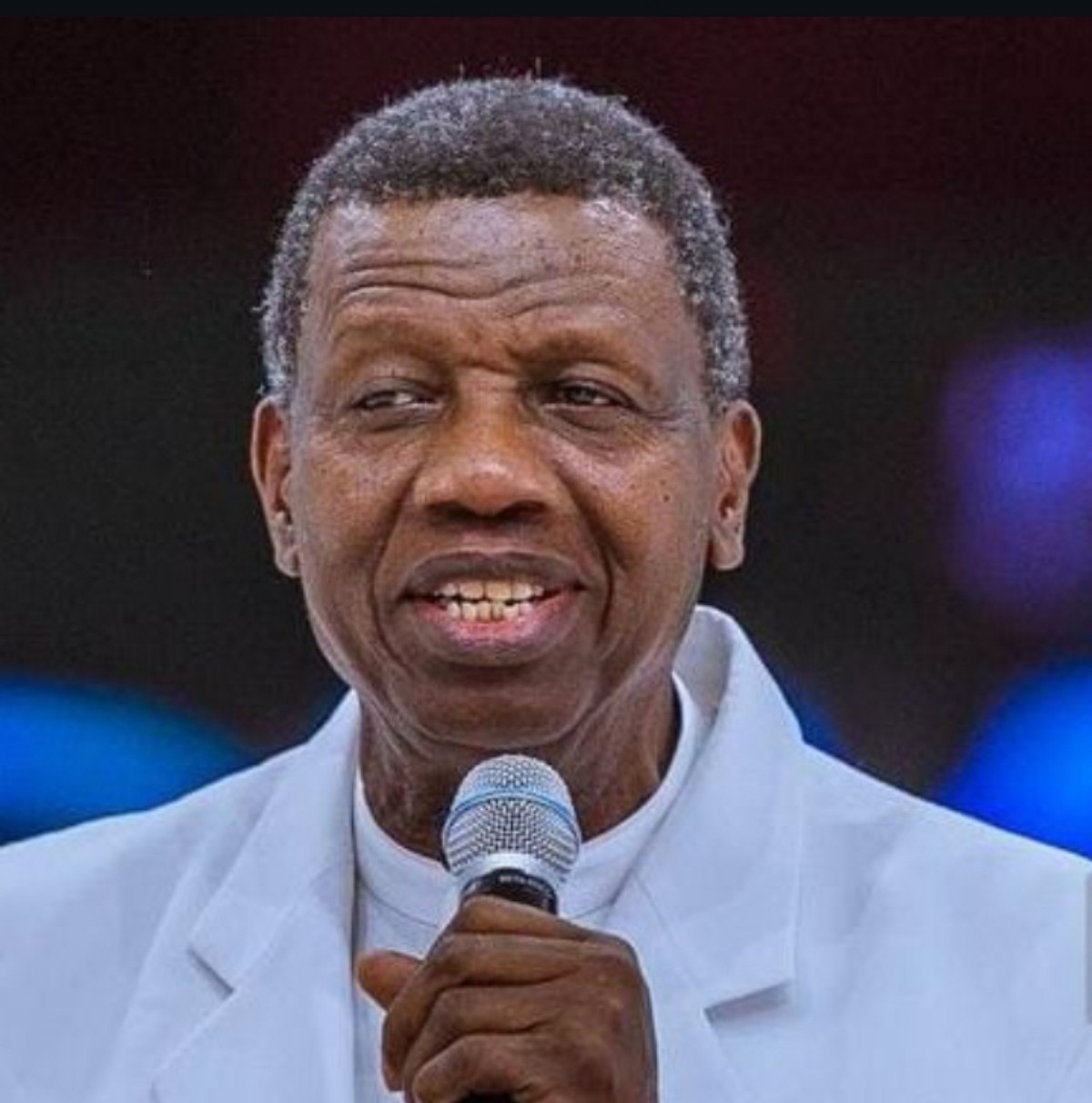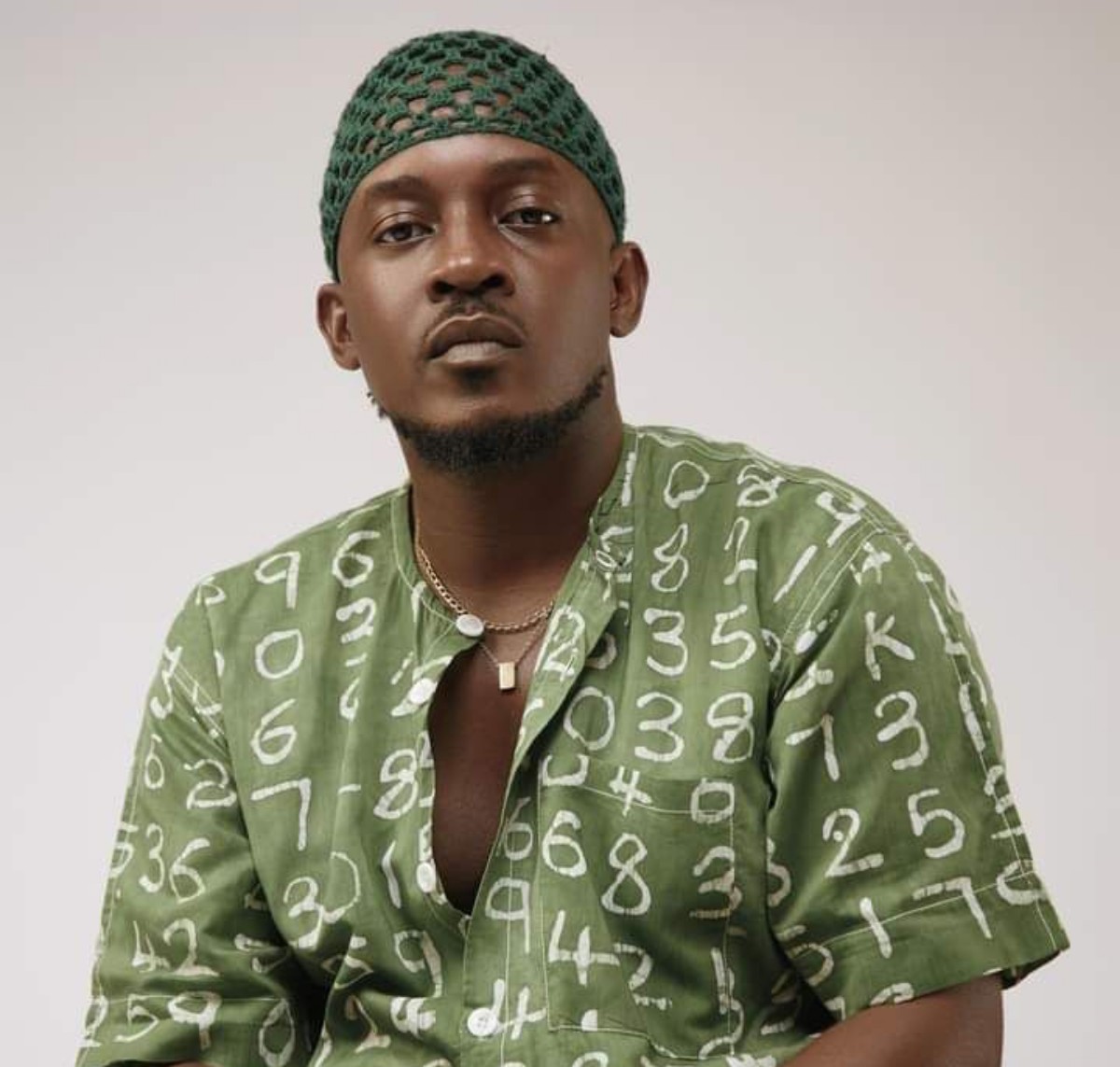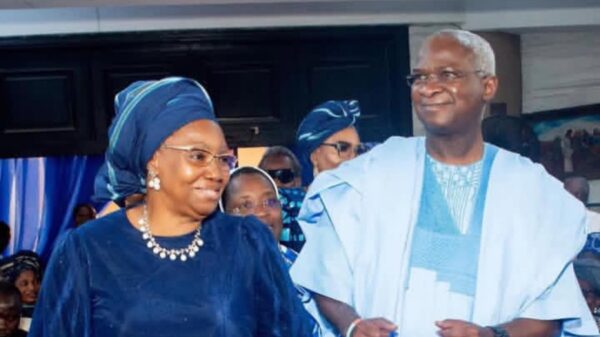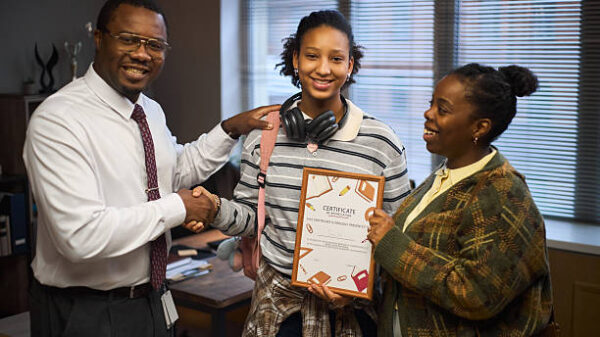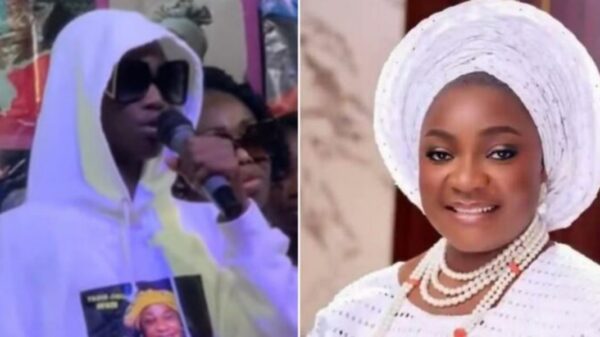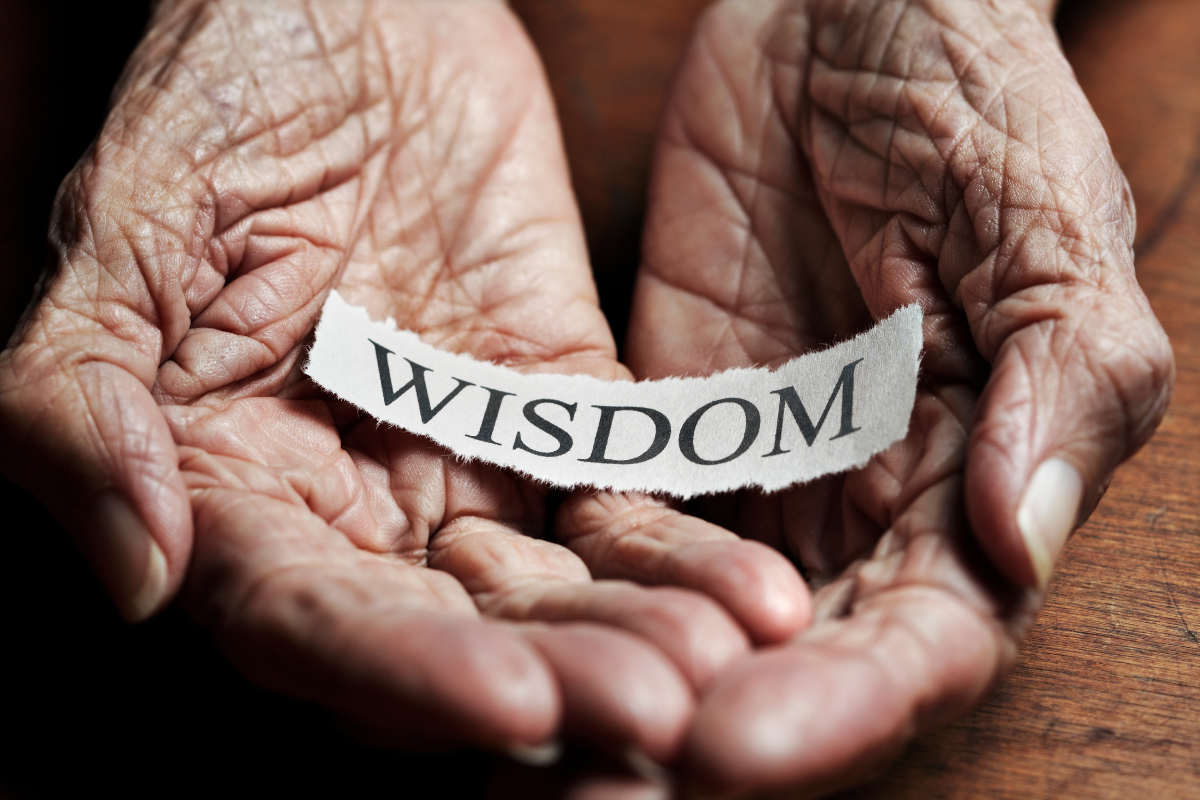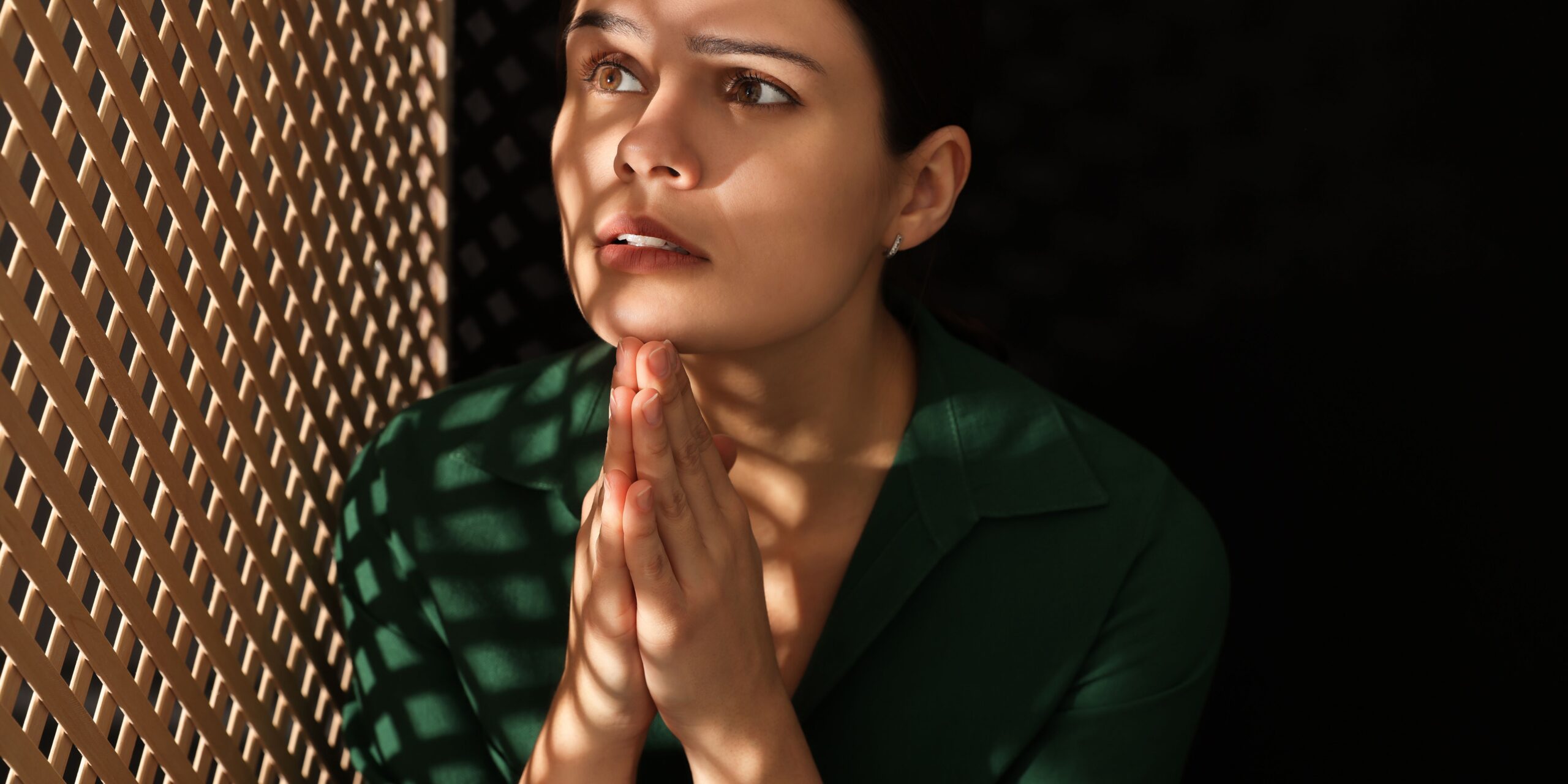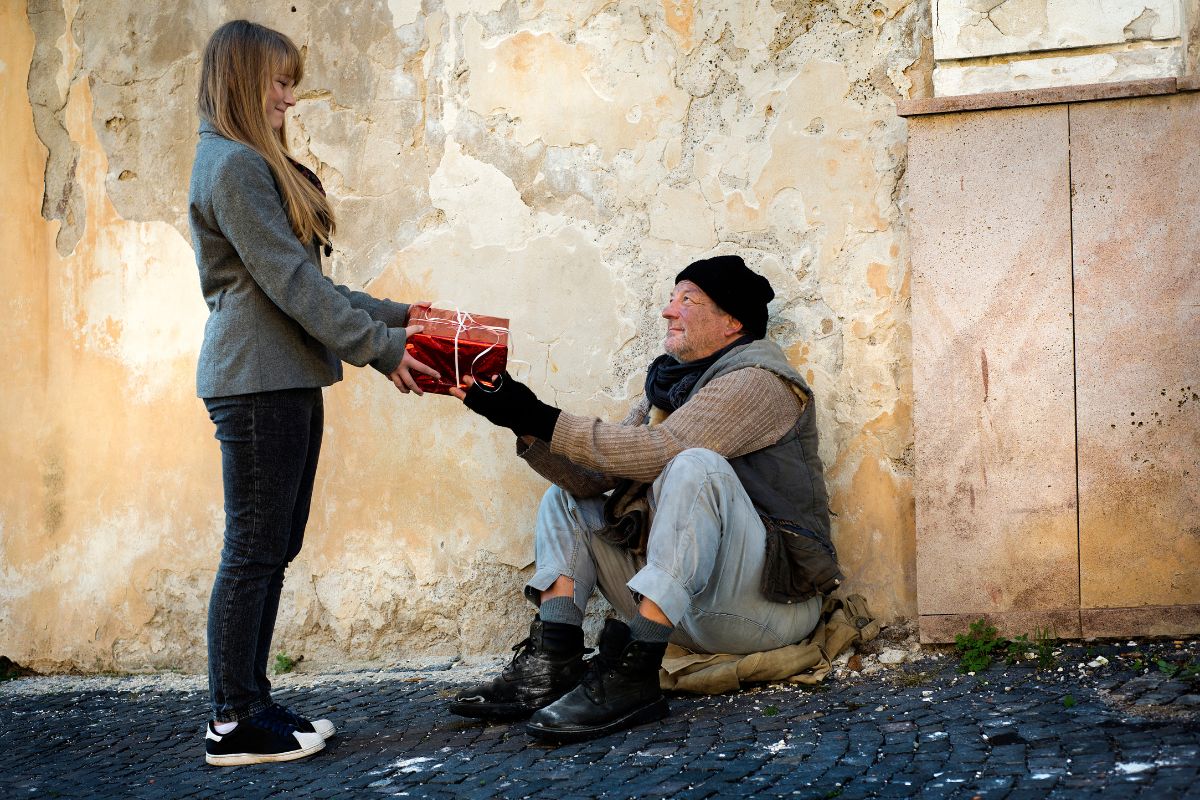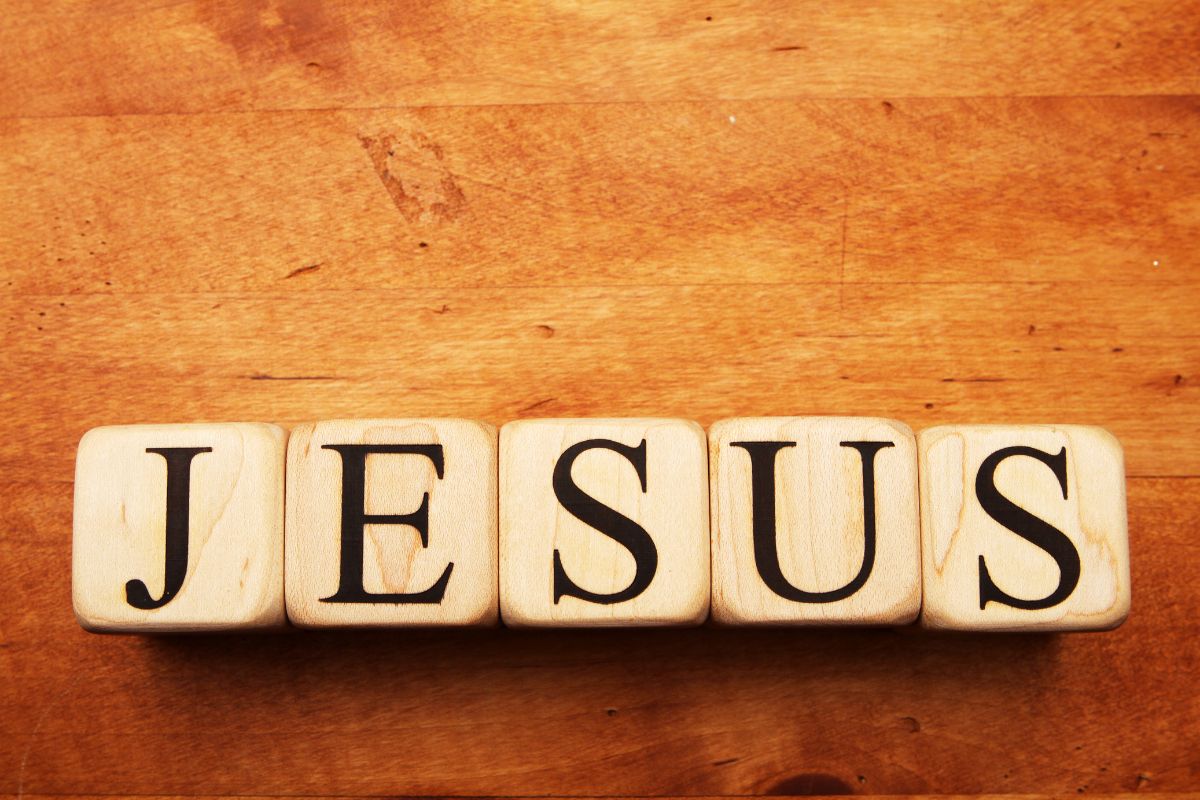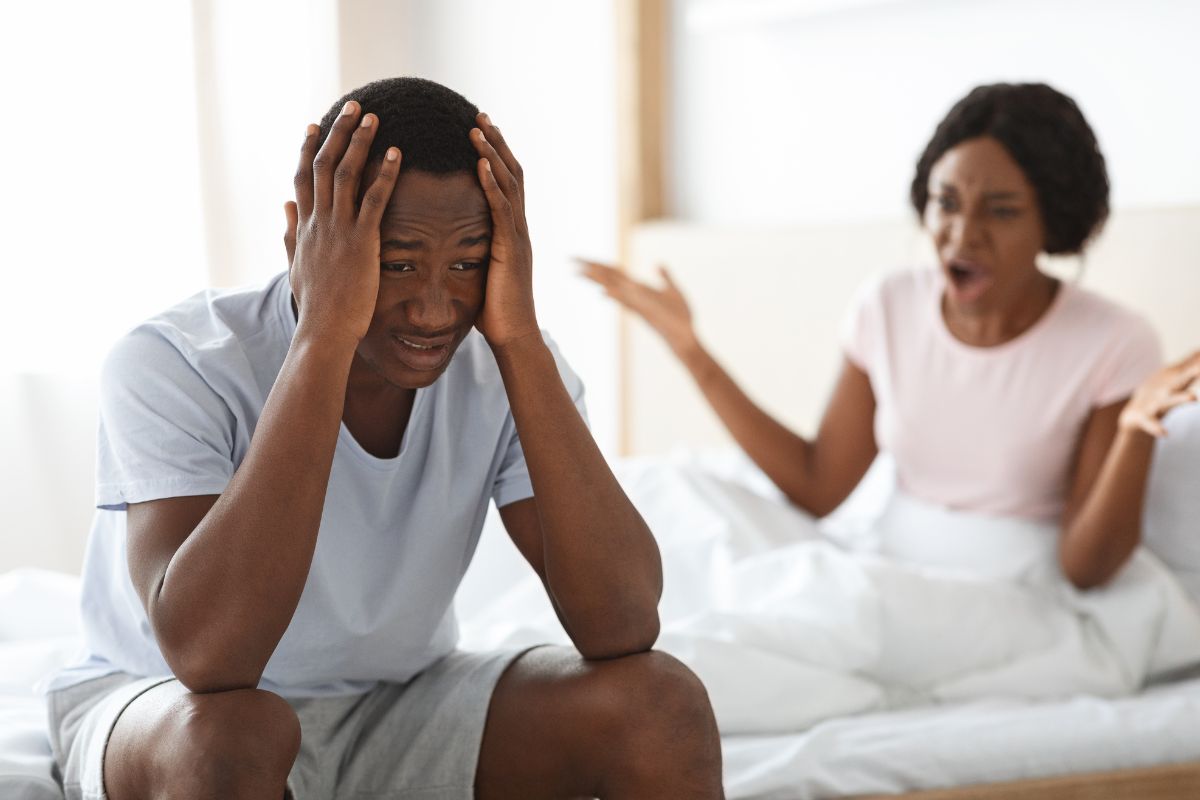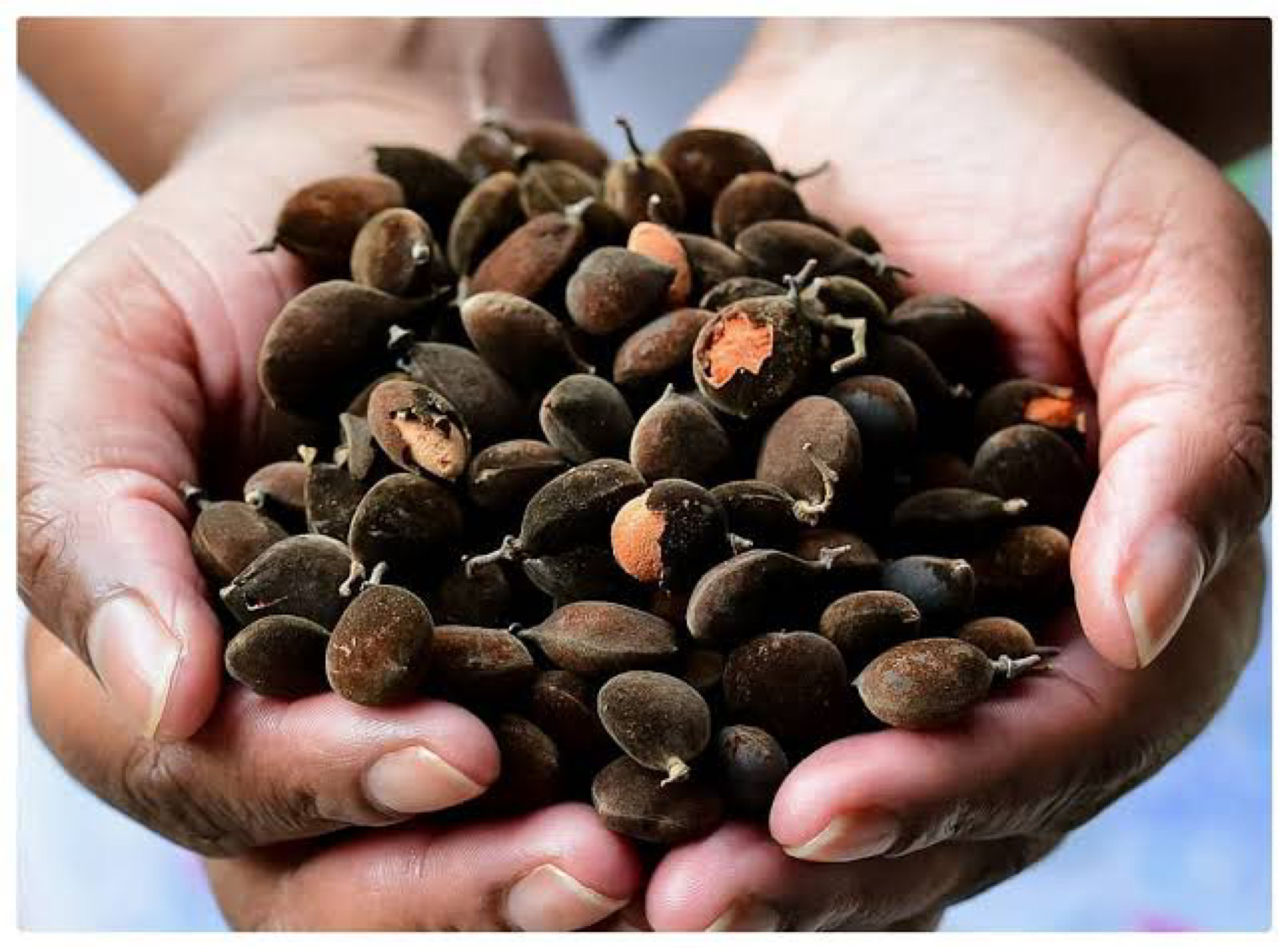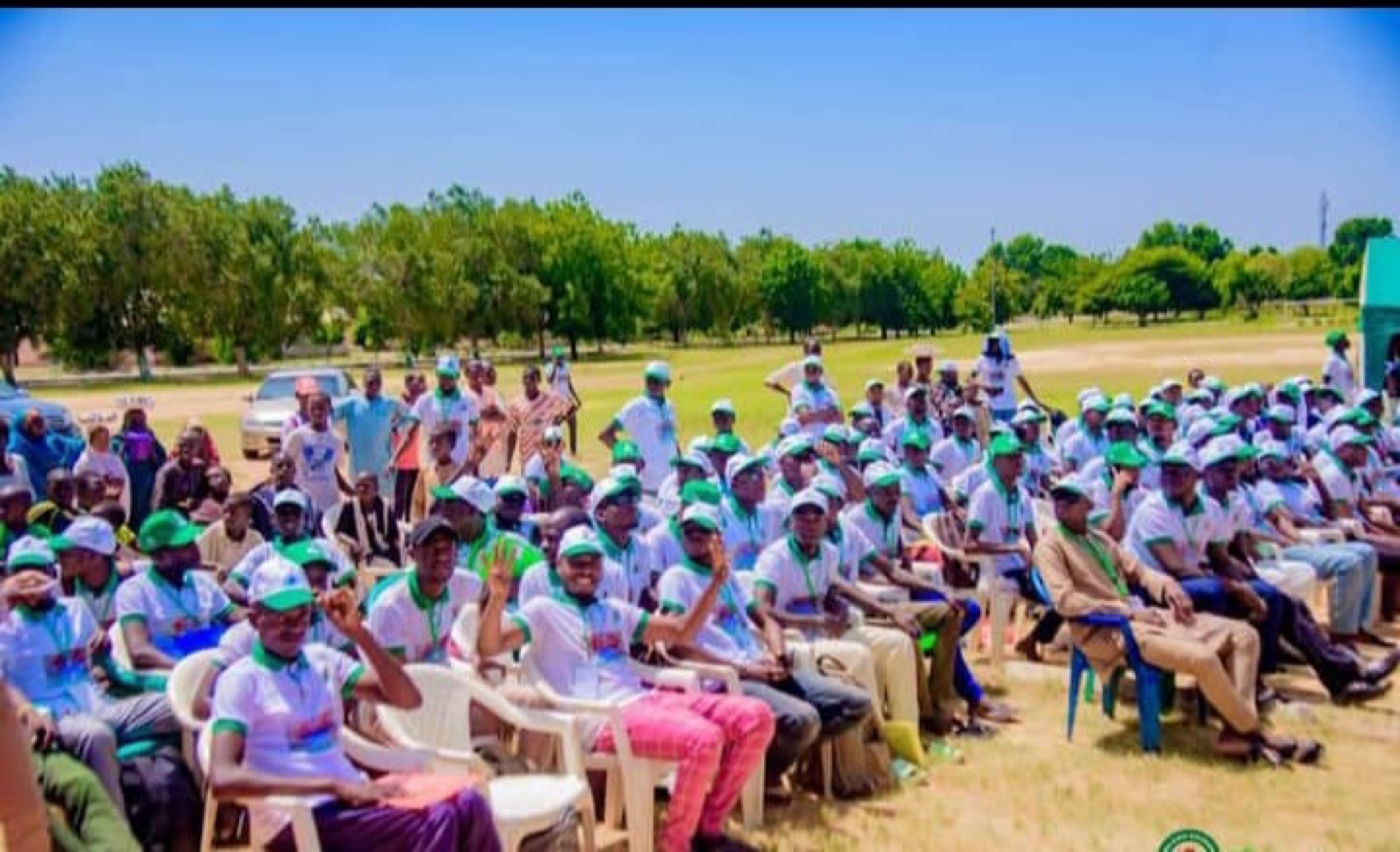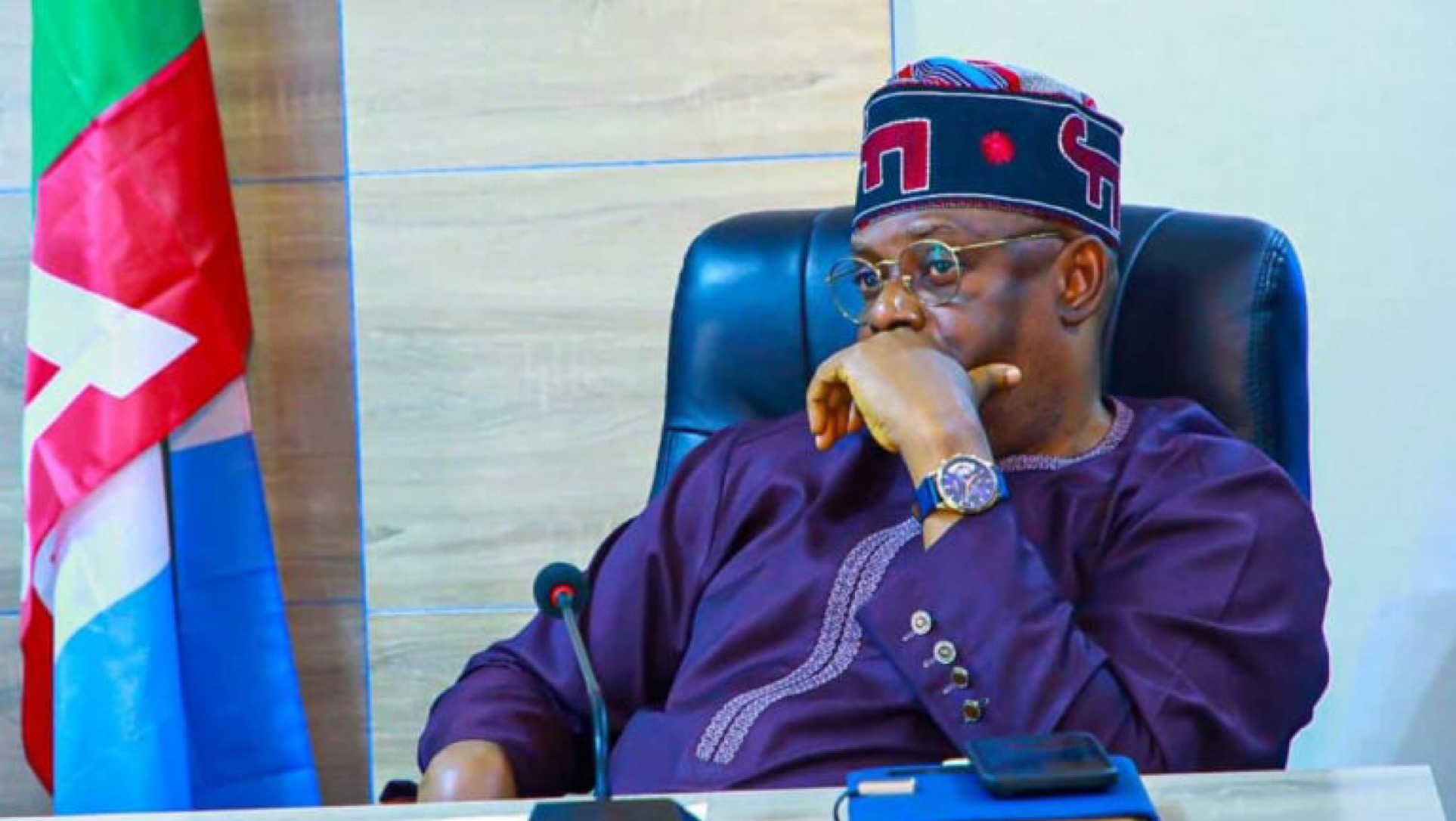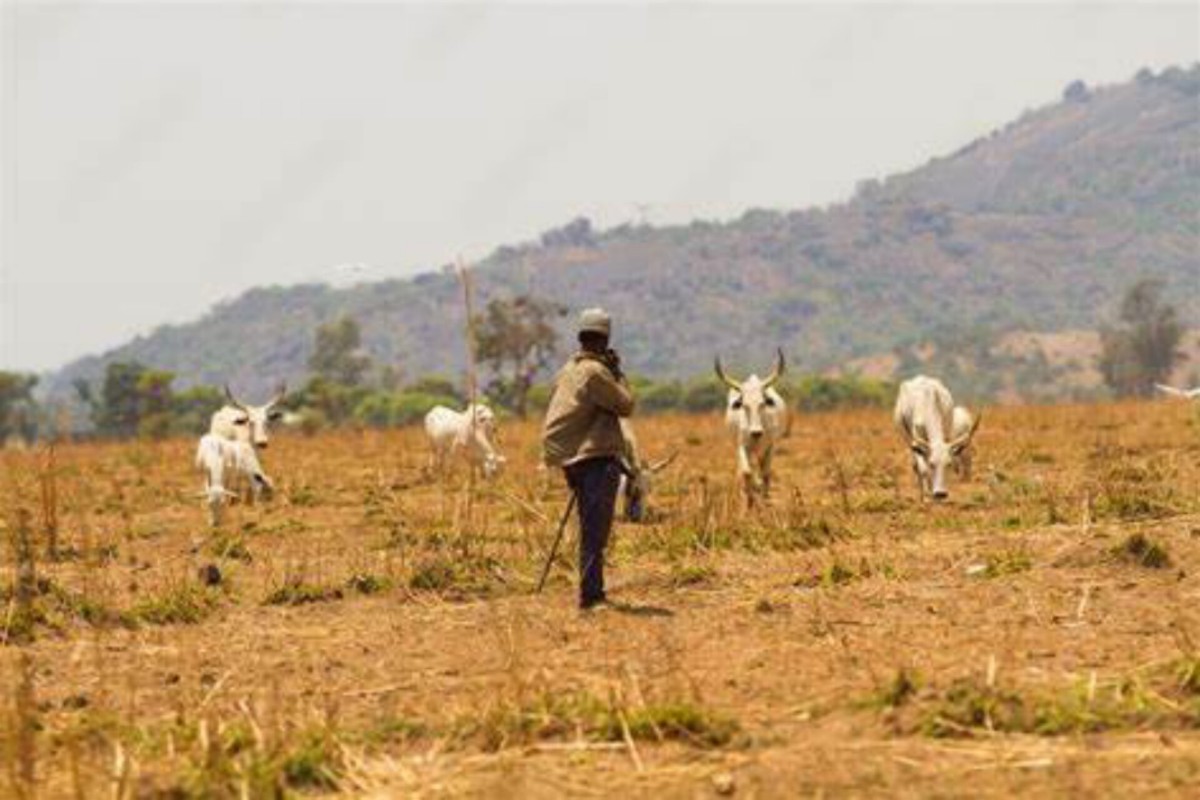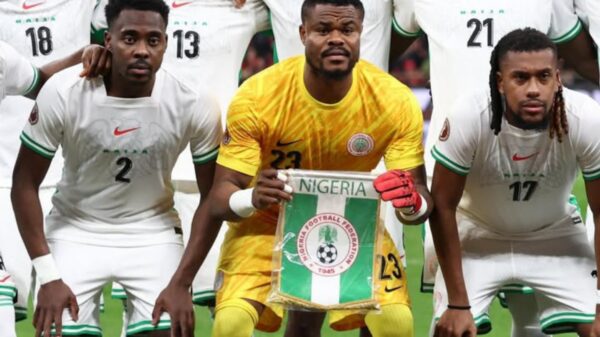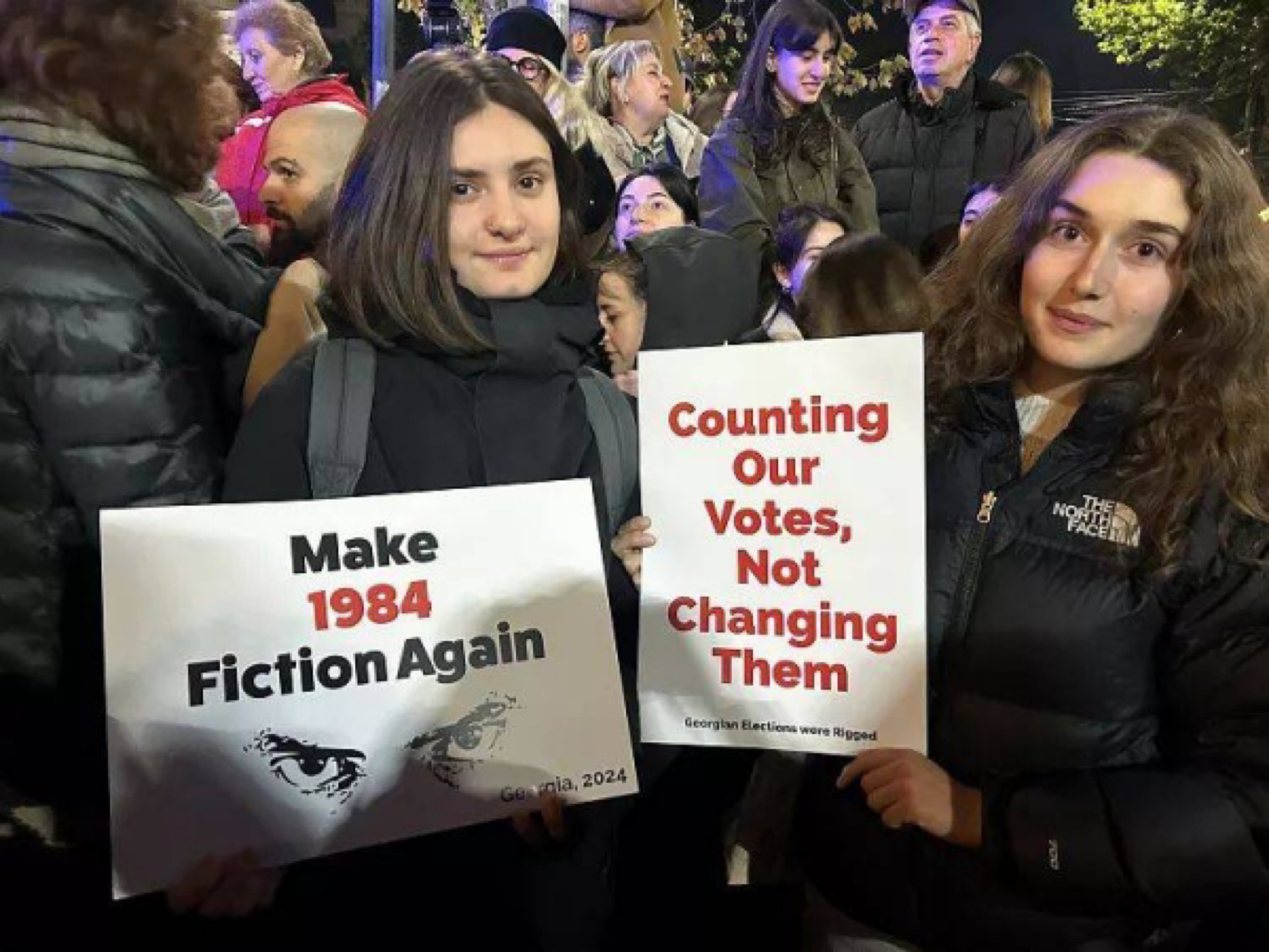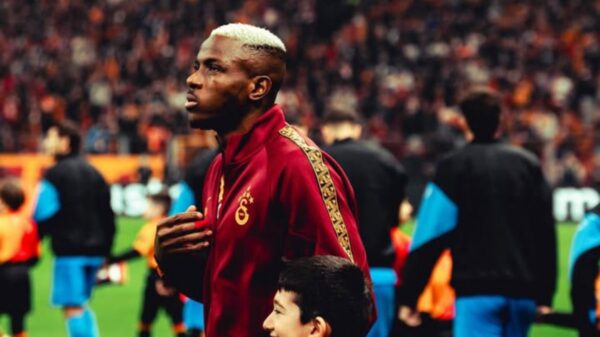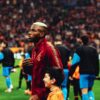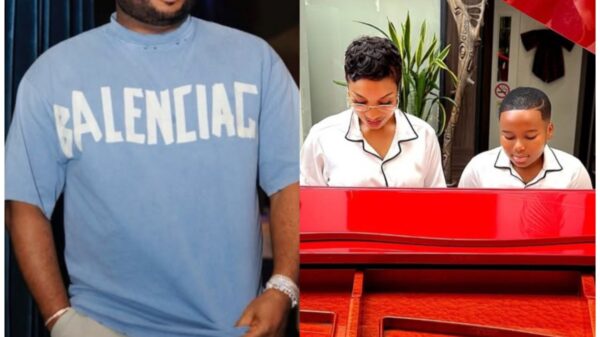On Monday evening, thousands of Georgians gathered outside the parliament to demonstrate against what the president says was a “rigged” parliamentary election that was aided by Russia.
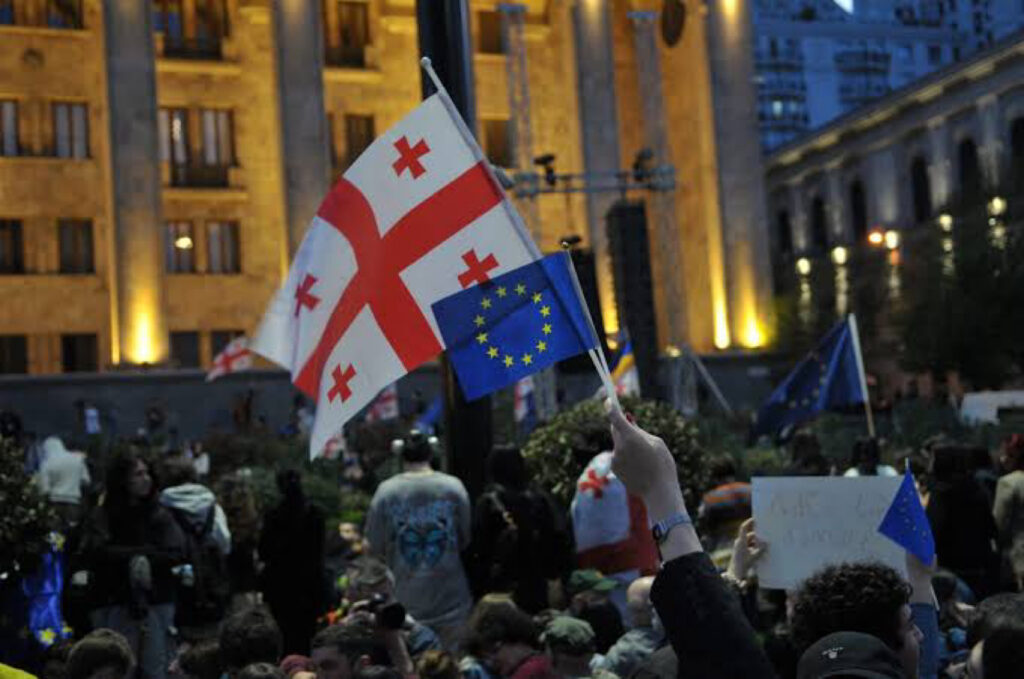
“You did not lose the election,” President Salome Zourabichvili told the demonstrators who waved Georgian and European Union flags. “They stole your vote and tried to steal your future, but no one has the right to do that and you will not let anyone do that!”
The primarily ceremonial president, Zourabichvili, assured the audience that she would stand up for the nation’s European aspirations in the face of the ruling Georgian Dream.
“We have no alternative, and nothing else we want to leave this country for the next generations,” she said. She did not offer concrete information or proof that Russia was involved in vote-stealing.
The protest emphasized tensions in the nation, which is sandwiched between Russia and Turkey and where the Georgian Dream has grown more authoritarian and pro-Moscow. After a few hours, it concluded amicably, though, and no specific plans for future action were made.
According to United National Movement coalition head; Giorgi Vashadze, the opposition would demand a new referendum overseen by the international community and will not engage in any negotiations with the administration.
“We are not going to enter this parliament. We refuse all mandates,” he said. “We are not going to enter into any negotiations. We are going to fight until victory and we promise you, we will win together.”
The US and the European Union have urged full investigations of the result of Saturday’s election.
“Georgians, like all Europeans, must be masters of their destiny,” said EU Commission President Ursula von der Leyen.
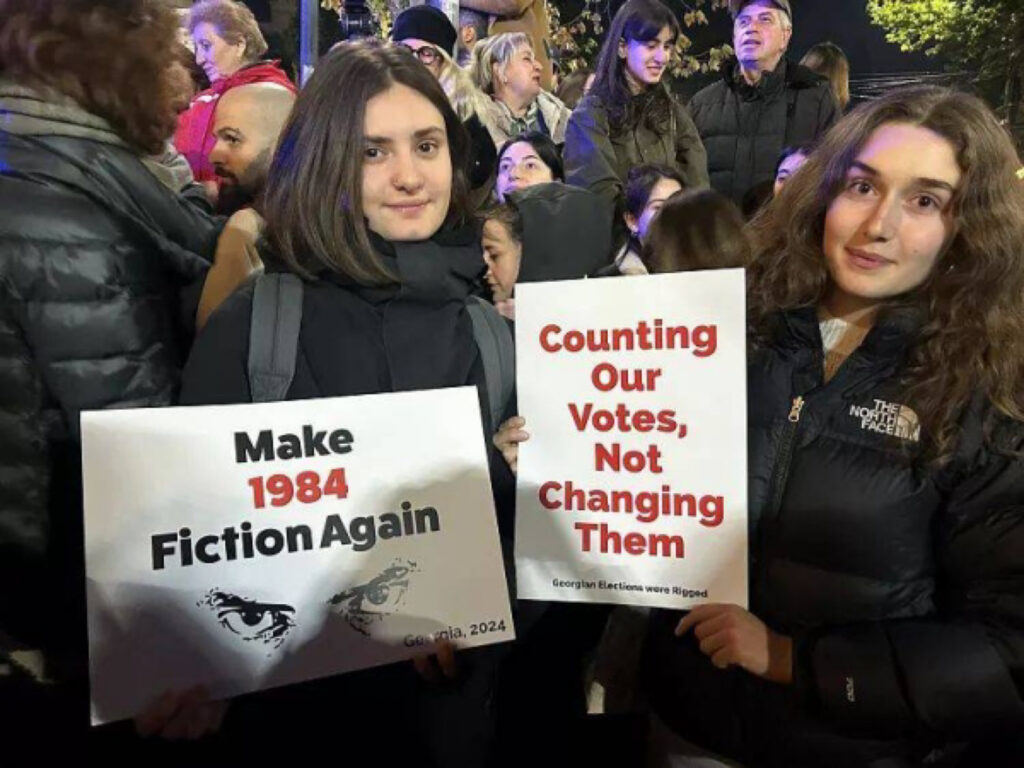
Additionally, US officials have urged Georgia to fix electoral shortcomings, remove authoritarian laws, and advance Georgia’s European integration.
The Georgian elections were “shaped by the ruling party’s policies, including misuse of public resources, vote buying, and voter intimidation,” according to State Department spokesperson Matthew Miller. It is in the interests of “a powerful Europe” to be present in the Caucasus and for the region to remain stable, Zourabichvili stated, adding, “We need the firm support of our European partners, of our American partners.”
After nearly every ballot was tabulated, the Central Election Commission reported that Georgian Dream had 54.8% of the vote. The party, founded by the mysterious billionaire Bidzina Ivanishvili, who amassed his wealth in Russia, has enacted legislation akin to those used by the Kremlin to crack down on freedom of speech and LGBTQ+ rights.
Kremlin spokesman Dmitry Peskov has denied the allegations of meddling, asserting that the West attempted to sway the vote. Peskov characterized Zourabichvili’s appeal for Georgians to participate in protests as an effort to destabilize the nation when he was questioned about it.
Georgian Dream member and speaker of the parliament Shalva Papuashvili further charged the president with inciting “a coup scenario” that is “against the constitutional order and democratic elections.” Due to a Russian-style “foreign influence law” that was approved in June, the EU temporarily halted Georgia’s application process for membership.
The vote on Saturday was seen by many Georgians as a crucial referendum on the country’s potential to join the EU.
The 3.7 million-person country, which borders Russia, saw a fierce battle for votes and accusations of a smear campaign throughout the election campaign.
According to European observers, the election was held in a “divisive” atmosphere characterized by physical violence, vote-buying, double voting, and intimidation. According to Antonio López-Istúriz White, chairman of the European Parliament monitoring delegation, Georgian Dream used “anti-Western and hostile rhetoric, promoted Russian misinformation, manipulations, and conspiracy theories” during the campaign.
Instances of harassment and other irregularities were especially evident in rural regions, according to election observers. The Javakheti area of southern Georgia gave the Georgian Dream its largest percentage of the vote, at 90%.
No district in the capital gave it more than 44%. The first foreign leader to applaud the Georgian Dream, Victor Orbán of Hungary, came to Georgia on Monday for a two-day visit. Orbán is the longest-serving leader of Europe and the closest ally of Russian President Vladimir Putin within the EU. He presently serves as the EU’s rotating president, a position that frequently serves as the bloc’s global spokesperson and that Orbán has utilized in ways that draw attention to internal conflicts.
The EU, which has urged Georgian authorities “to fulfill their duty to swiftly, transparently and independently investigate” allegations of vote manipulation, will view his visit to Georgia as controversial. Orbán is a “special friend” of the Georgian Dream, according to Georgian President Zourabichvili, who characterized his visit as a “political play.”

